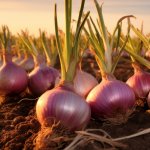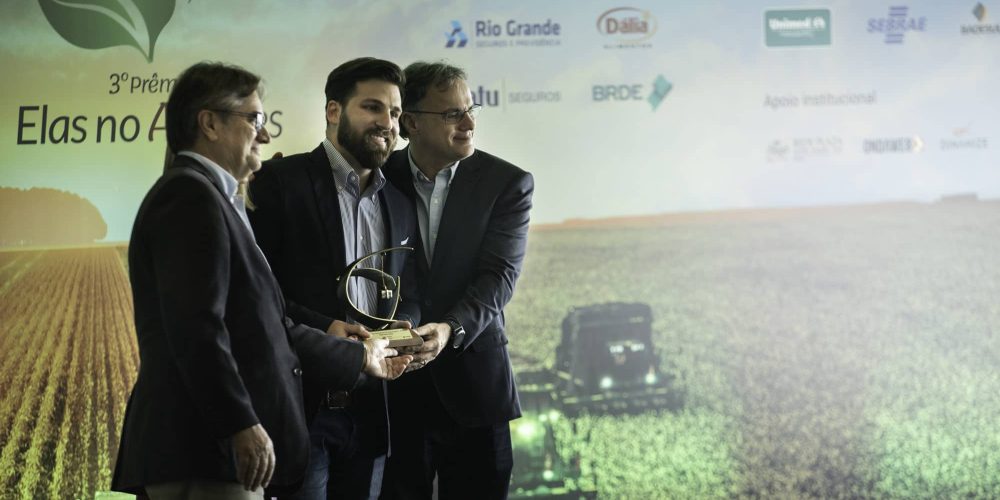In today's world, agriculture is increasingly focused on cost-based production as opposed to technical precepts.
We have noticed that today many conservation practices that were previously carried out, such as minimum cultivation, are no longer practiced. And the consequences will have a direct impact on the economy, and especially on the farmer's pocketbook.
The companies' technical team conducts research and verifies the greatest efficiency of a product. However, what happens is that it will not be purchased, as it will go through a purchasing department, which, not aligned with the best result in productivity, only seeks to reduce costs in its sector.
They will thus obtain a cheap product that will not bring the company/producer any real savings, making the old maxim that “cheap is expensive” come true.
The future of the field without organic fertilizers
In the area of soil management, there are several conservationist preservation methods or practices.
Among them, some that we can highlight and that are of relevant importance: level planting (use of contour lines), green manure, liming, use of organic fertilization, fire control, crop rotation, minimum cultivation and direct planting.
We must choose the method that is most suitable to our environmental (chemical, physical and biological) and socioeconomic conditions.

It is difficult to see a crop that has a contour line these days, and there are few producers who still carry out this practice.
Another management that has fallen into disuse and we only keep the name is direct planting. This soil conservation practice, which aims to improve the chemical, physical and biological attributes of the soil, has lost its “chaff”.
Soil preservation is no longer done by planting green covers to maintain the soil, soil moisture, organic matter, biological life (microorganisms), etc. Instead, it is simply planting without turning the soil over.
What we have noticed is that some producers seek to replenish this stock of organic matter by using organic fertilizers. However, we must take special care to ensure that the soil receives a quality product.
Five tips for choosing the best organic fertilizer
Here are five suggestions that can help you choose the ideal organic fertilizer for your planting:
- Good quality organic fertilizers must have a low C/N ratio, which favors the mineralization of the nutrients present in the fertilizer;
- They must provide significant levels of nutrients;
- They must be products that do not bring us diseases, seeds, bad smells (which will attract insects), etc.;
- They must have a high organic carbon content, from a source that is not transformed or lost in the form of CO2;
- They should help increase soil microbial activity.
Did you like our tips?
Discover the ILSA Brasil line of organic fertilizers and take care of the future of your crops.
Register on our website clicking here. Contact us and get the best results in the field!
Author: Agricultural Eng. Ana Elisa Velho






